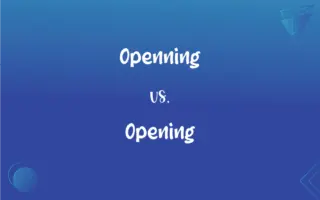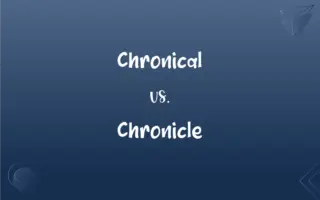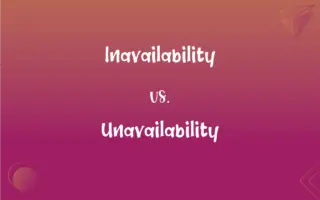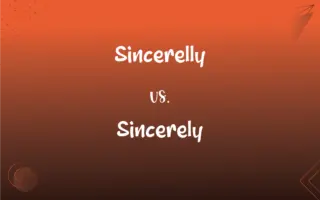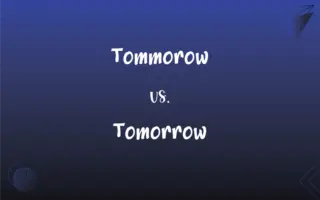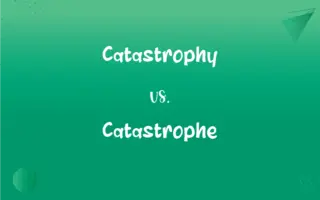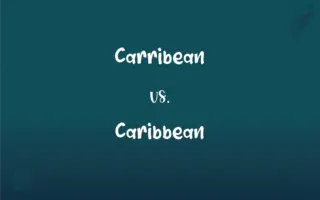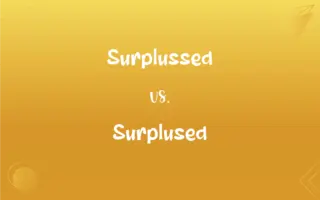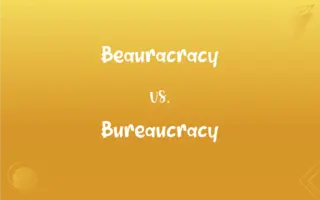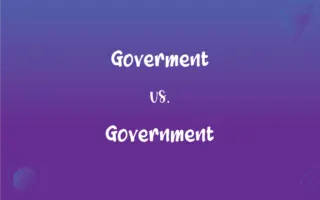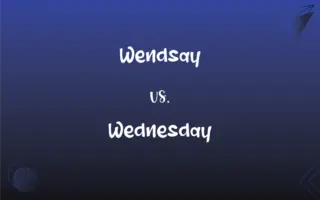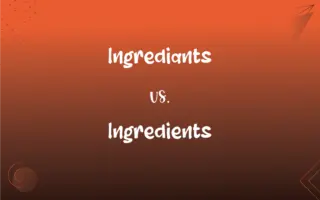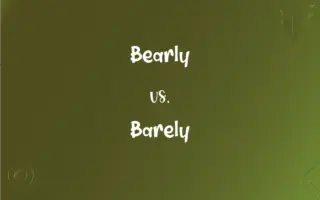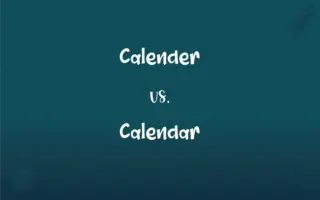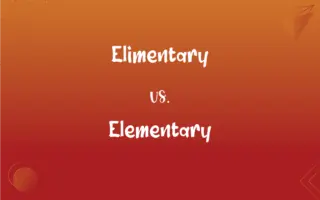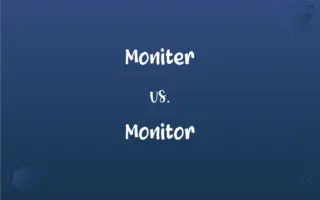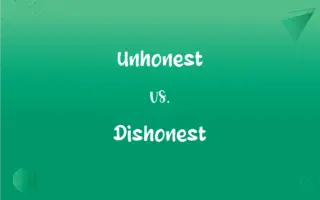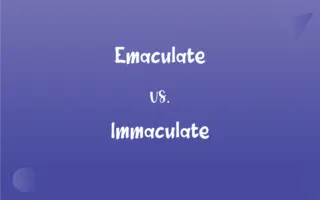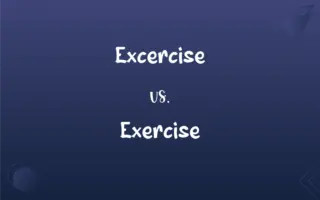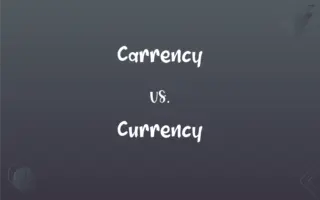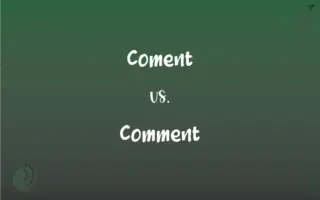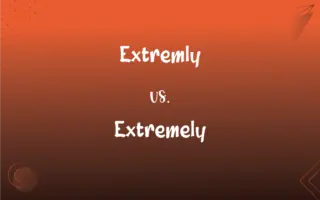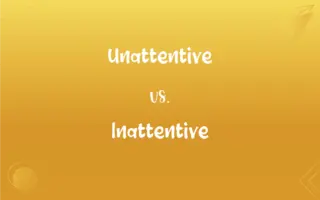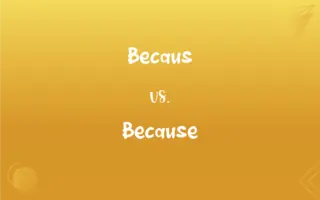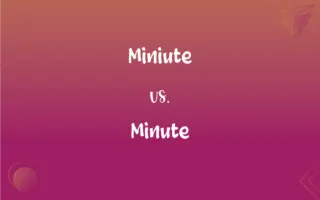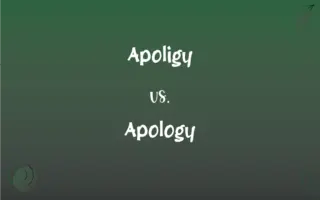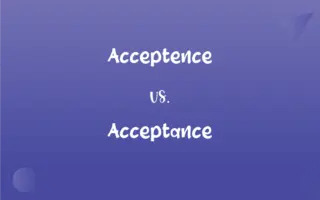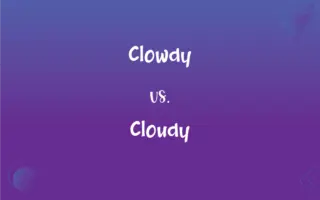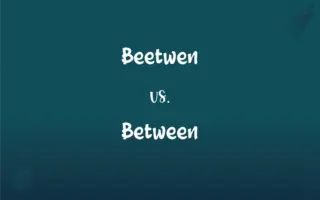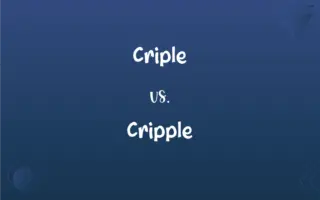Forcast vs. Forecast: Mastering the Correct Spelling
Edited by Harlon Moss || By Janet White || Updated on March 13, 2024
"Forcast" is an incorrect spelling of the word "Forecast." The correct spelling is "Forecast," which refers to a prediction or estimation of future events or trends.
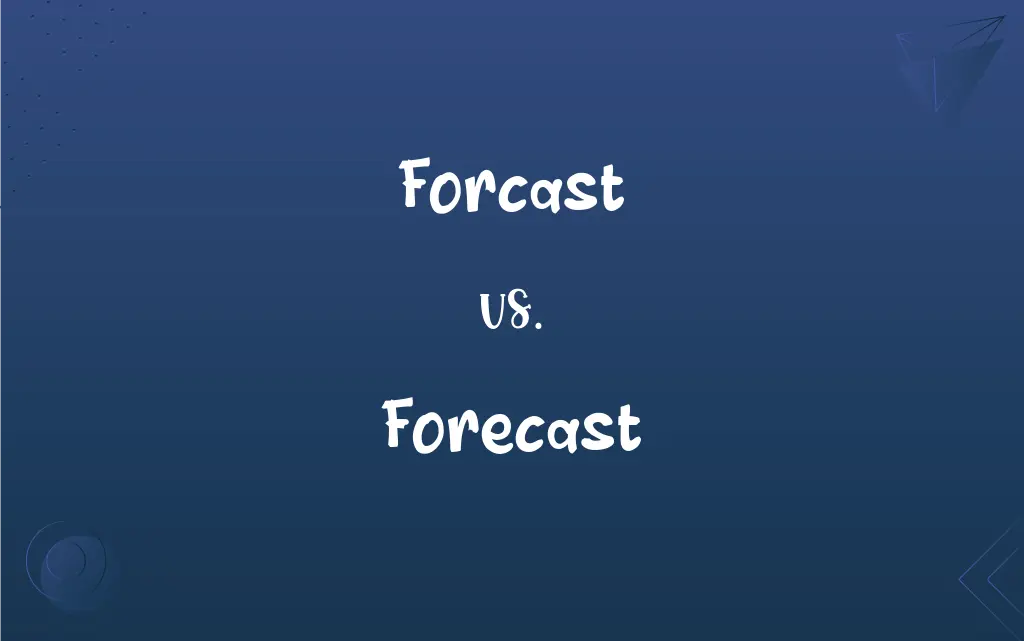
Which is correct: Forcast or Forecast
How to spell Forecast?

Forcast is Incorrect

Forecast is Correct
ADVERTISEMENT
Key Differences
Practice writing "Forecast" multiple times to reinforce the correct spelling in your memory.
Think of “forecast” as combining “fore-,” meaning before, and “-cast,” meaning throw; it’s like throwing predictions ahead.
Remember that "e" comes before "c" in "Forecast," just like in the alphabet.
Visualize the word "Forecast" as a weather forecast predicting future weather conditions.
Keep in mind the phrase “foresee and cast,” connecting foreseeing something and casting predictions, both included in "Forecast."
ADVERTISEMENT
Correct usage of Forecast
The forcast for the weekend includes sunny skies.
The forecast for the weekend includes sunny skies.
She relies on the forcast to plan her garden activities.
She relies on the forecast to plan her garden activities.
The weather forcast calls for rain tomorrow.
The weather forecast calls for rain tomorrow.
Economists made a forcast about the economy's growth.
Economists made a forecast about the economy's growth.
The forcast model predicts a cold winter.
The forecast model predicts a cold winter.
Forecast Definitions
In general, forecast means making an informed prediction about future states or events.
His forecast about the technological advancements was accurate.
A forecast is a prediction or estimate of future events, especially upcoming weather conditions.
The weather forecast predicts rain tomorrow.
Forecast can denote a conjecture of future occurrences based on present data or trends.
The forecast for the election shows a close race.
A forecast is an anticipatory calculation or estimate of statistical figures.
The sales forecast is optimistic for this year.
To estimate or predict in advance, especially to predict (weather conditions) by analysis of meteorological data.
To serve as an advance indication of; foreshadow
Price increases that forecast inflation.
A prediction, as of coming events or conditions
The weather forecast stated that it would rain.
To estimate how something will be in the future.
To forecast the weather, or a storm
To forecast a rise in prices
To foreshadow; to suggest something in advance.
(obsolete) To contrive or plan beforehand.
An estimation of a future condition.
A prediction of the weather.
What's the forecast for tomorrow?
(betting) exacta
To plan beforehand; to scheme; to project.
He shall forecast his devices against the strongholds.
To foresee; to calculate beforehand, so as to provide for; as, to forecast the weather; to forecast prices.
It is wisdom to consider the end of things before we embark, and to forecast consequences.
To contrive or plan beforehand.
If it happen as I did forecast.
Previous contrivance or determination; predetermination.
He makes this difference to arise from the forecast and predetermination of the gods themselves.
A calculation predicting future events; the foresight of consequences, and provision against them; prevision; premeditation; as, the weather forecast.
His calm, deliberate forecast better fitted him for the council than the camp.
A prediction about how something (as the weather) will develop
Predict in advance
Judge to be probable
Indicate by signs;
These signs bode bad news
Forecast refers to a projection of future financial trends or developments.
The economic forecast suggests a growth in the upcoming quarter.
Forecast Sentences
The forecast for tomorrow is bright and sunny.
The long-range weather forecast suggests a mild winter.
The financial forecast indicates a possible recession.
The forecast model uses historical data to predict future trends.
The forecast predicts heavy snowfall in the mountains.
The seasonal forecast anticipates a wetter than average spring.
Meteorologists provide a daily weather forecast to the public.
The travel forecast includes increased air travel during the holidays.
The economic forecast for the next quarter looks promising.
The agricultural forecast predicts the best times for planting and harvesting.
The technology forecast predicts new advancements in the next decade.
The forecast for the sporting event is clear skies.
The demand forecast helps companies manage inventory levels.
The local forecast warned of potential flooding.
The forecast accuracy improves with advanced computer models.
The weekend forecast is perfect for outdoor activities.
The forecast highlighted the chance of hurricanes this season.
The energy forecast includes a shift towards renewable resources.
FAQs
What is the pronunciation of Forecast?
It is pronounced as /ˈfɔːrˌkæst/.
Why is it called Forecast?
It is called "Forecast" because it involves making predictions about future events based on current data or trends.
What is the verb form of Forecast?
The verb form is “to forecast.”
What is the root word of Forecast?
The compound word "Forecast" is formed from the prefix "fore-" meaning "beforehand," and the verb "cast" meaning "to throw."
What is the singular form of Forecast?
The singular form is "forecast."
Which vowel is used before Forecast?
The vowel “a” is typically used before "forecast," as in "a forecast."
Which conjunction is used with Forecast?
Any conjunction can be used with "forecast," depending on the sentence structure.
Is Forecast a noun or adjective?
"Forecast" can serve as both a noun and a verb.
Is Forecast a negative or positive word?
"Forecast" is a neutral word.
Is Forecast a vowel or consonant?
"Forecast" is a word consisting of vowels and consonants.
What is the plural form of Forecast?
The plural form is "forecasts."
Which preposition is used with Forecast?
"For" is often used with forecast, as in "forecast for tomorrow."
Is Forecast an adverb?
No, "forecast" is not an adverb.
Is Forecast a collective noun?
No, "forecast" is not a collective noun.
What is a stressed syllable in Forecast?
The first syllable "fore" is stressed in "forecast."
What is another term for Forecast?
Another term for forecast is "prediction."
What is the second form of Forecast?
The second form is also "forecast," as it is one of the verbs that do not change from present to past form.
Is Forecast a countable noun?
Yes, "forecast" is a countable noun.
What part of speech is Forecast?
"Forecast" can be a noun or a verb.
Is Forecast an abstract noun?
Yes, "forecast" is an abstract noun when referring to a prediction or projection.
Is the Forecast term a metaphor?
It can be used metaphorically to refer to predictions or projections.
How do we divide Forecast into syllables?
It is divided as fore-cast.
Which article is used with Forecast?
"A" or "the" can be used with "forecast," depending on the context.
Is the word Forecast is imperative?
No, "forecast" is not imperative; it can be a noun or a verb.
How many syllables are in Forecast?
"Forecast" has two syllables.
What is the opposite of Forecast?
The opposite of "forecast" can be "retrospection" as it involves looking back, instead of forward.
Which determiner is used with Forecast?
Determiners like "this," "that," "a," and "the" can be used with "forecast."
What is the first form of Forecast?
The first form is "forecast" when considering it as derived from a verb.
What is the third form of Forecast?
The third form is also "forecast," maintaining the same form
About Author
Written by
Janet WhiteJanet White has been an esteemed writer and blogger for Difference Wiki. Holding a Master's degree in Science and Medical Journalism from the prestigious Boston University, she has consistently demonstrated her expertise and passion for her field. When she's not immersed in her work, Janet relishes her time exercising, delving into a good book, and cherishing moments with friends and family.
Edited by
Harlon MossHarlon is a seasoned quality moderator and accomplished content writer for Difference Wiki. An alumnus of the prestigious University of California, he earned his degree in Computer Science. Leveraging his academic background, Harlon brings a meticulous and informed perspective to his work, ensuring content accuracy and excellence.
